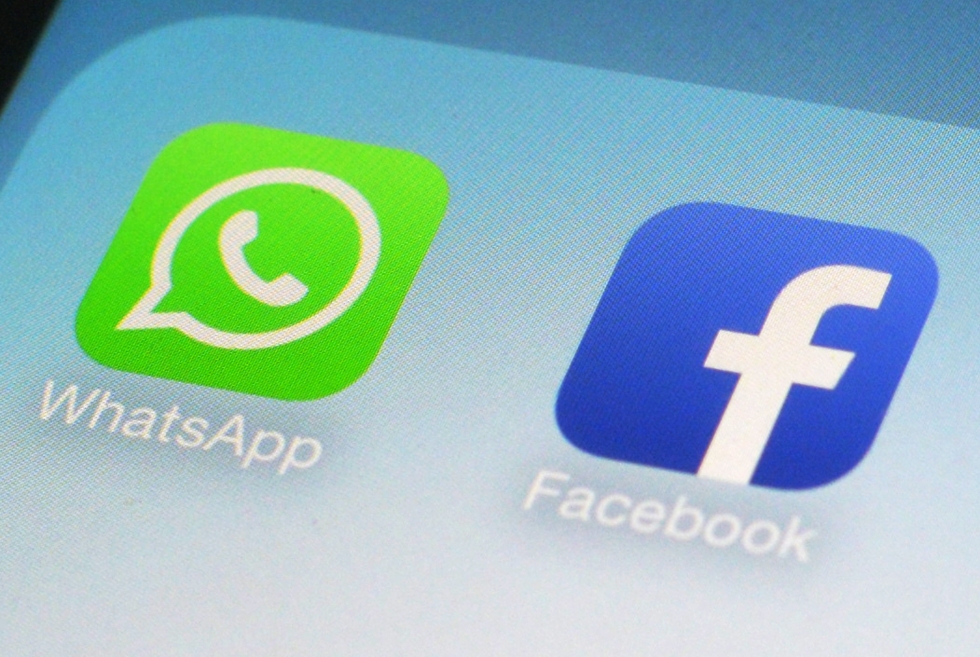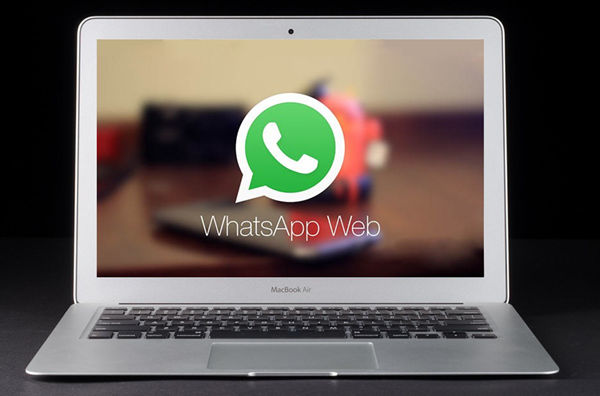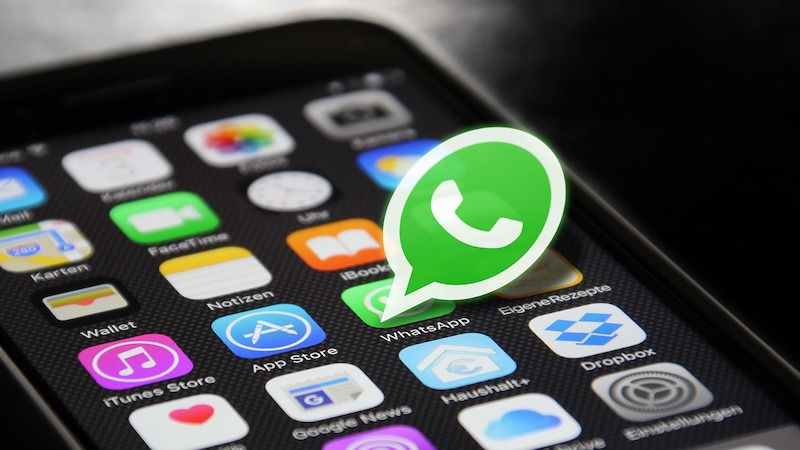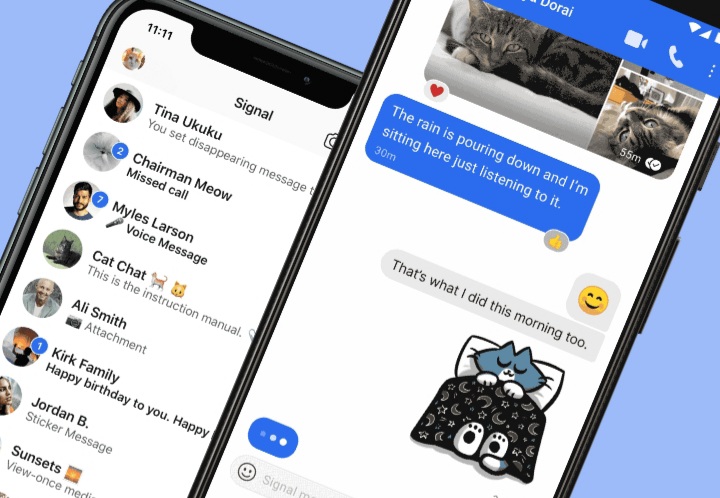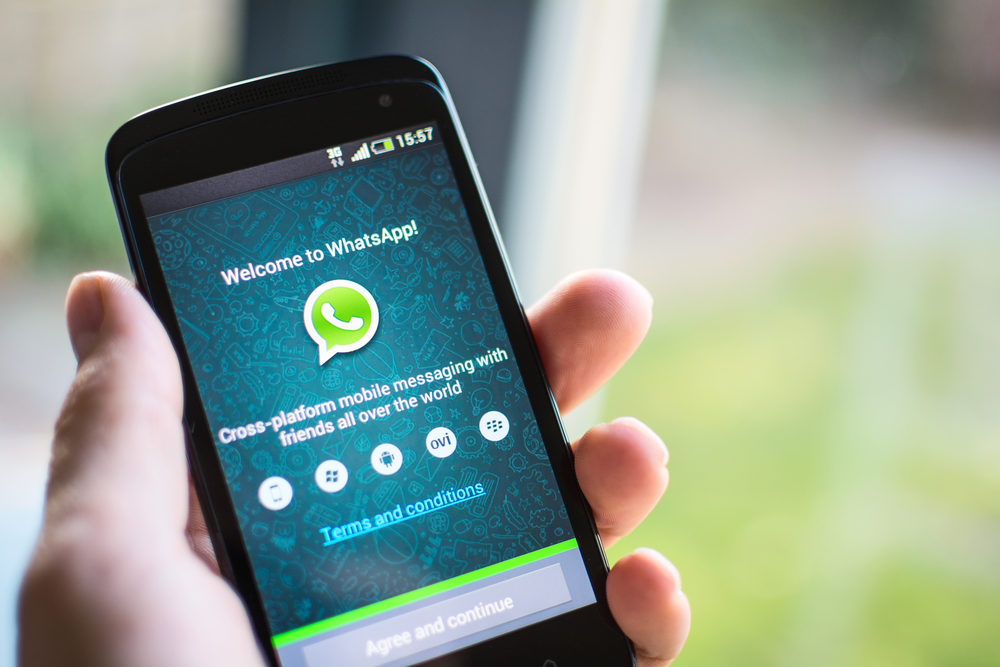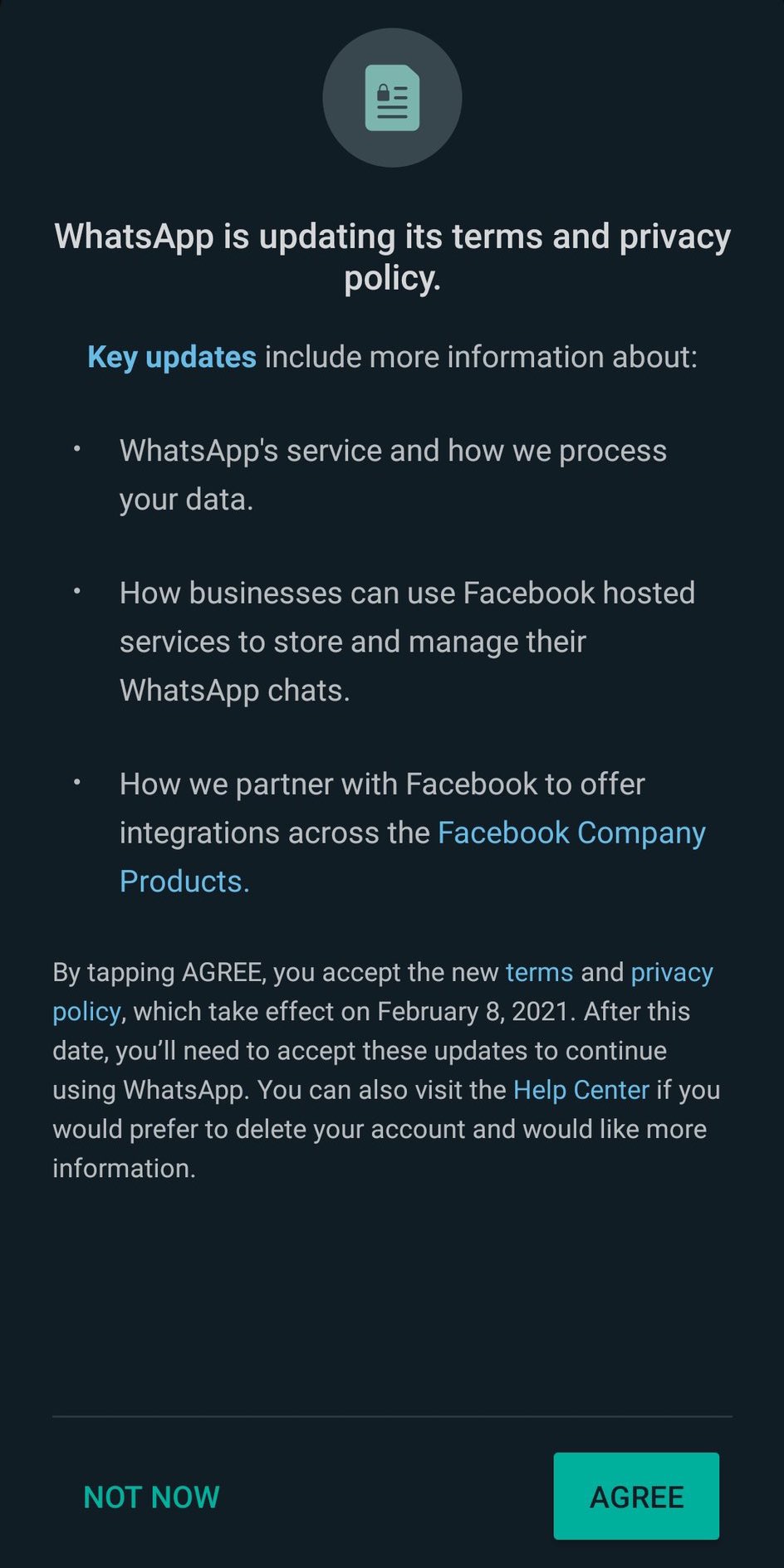WhatsApp on Tuesday provided clarification on its recent privacy policy update and stated that the latest change didn’t affect the privacy of messages sent to friends and family in any way.
The instant messaging platform said it wanted to “address rumours”, and that reiterate that it will “continue to protect your private messages with end-to-end encryption.
It said it could not see your private messages or hear your calls. It also emphasised that its parent company Facebook could also not read messages or calls of its users.
The new development comes amid public criticism against WhatsApp over its privacy policy update that took place last week and will be applicable from February 8.
Addressing user concerns over the privacy policy update, WhatsApp released a new FAQ page on its site that highlights private communication on the app.
“Neither WhatsApp nor Facebook can read your messages or hear your calls with your friends, family, and co-workers on WhatsApp. Whatever you share, it stays between you,” the platform said. In a thread, it added, “Our privacy policy update does not affect the privacy of your messages with friends or family.”
WhatsApp also stated that it didn’t keep logs of user communications. “While traditionally mobile carriers and operators store this information, we believe that keeping these records for two billion users would be both a privacy and security risk and we don’t do it,” it noted.
On the location sharing part, WhatsApp pointed out in its newly created FAQ page that it couldn’t see the shared location of users and neither could Facebook.
The platform underlined that when someone shares location on its app, it’s end-to-end encrypted — meaning it couldn’t be seen by anyone except the people with whom it is shared with.
However, it is important to note that WhatsApp does collect and use precise location information of user devices.
“Even if you do not use our location-related features, we use IP addresses and other information like phone number area codes to estimate your general location (e.g., city and country). We also use your location information for diagnostics and troubleshooting purposes,” the updated privacy policy mentions.
The FAQ page also noted that WhatsApp didn’t share contacts with Facebook. “When you give us permission, we access only the phone numbers from your address book to make messaging fast and reliable, and we don’t share your contacts lists with the other apps Facebook offers,” it said.
Similarly, WhatsApp said that group chats on the platform remained private and end-to-end encrypted. “We use group membership to deliver messages and to protect our service from spam and abuse. We don’t share this data with Facebook for ads purposes,” the FAQ page noted.
In terms of data sharing that has brought the privacy controversy, the Facebook-owned platform said the update included changes related to messaging businesses on WhatsApp.
“Some large businesses need to use hosting services to manage their communication. Which is why we’re giving businesses the option to use secure hosting services from Facebook to manage WhatsApp chats with their customers, answer questions, and send helpful information like purchase receipts,” the platform said.
It also mentioned the arrival of new commerce features, which could allow businesses to sell their goods and services from WhatsApp, that could require personalisation. For that, shopping activities of users could be used to personalise the experience. WhatsApp, however, stated that such features were optional.
The updates in the privacy policy have inadvertently helped competitive platforms including Telegram and Signal to gain some success. However, WhatsApp already stressed that the changes were to address business accounts.
